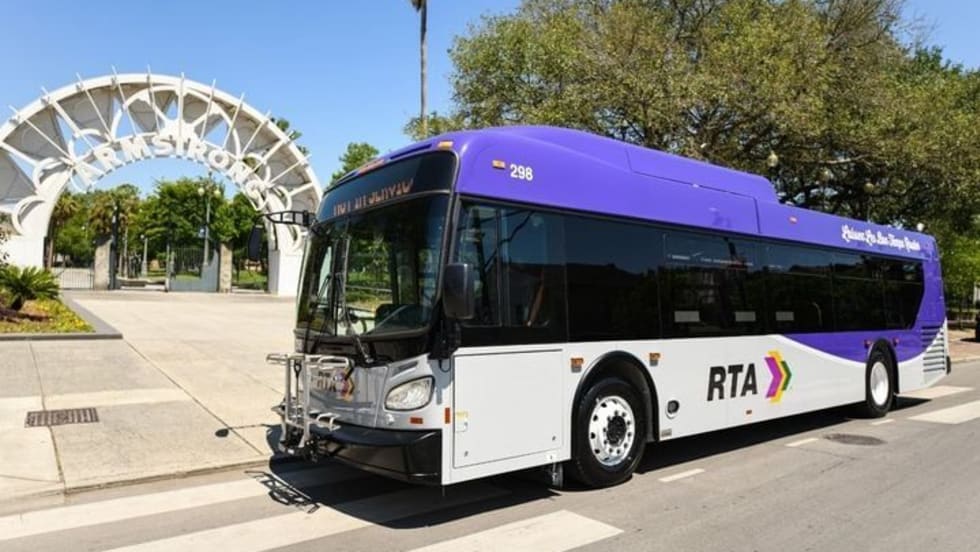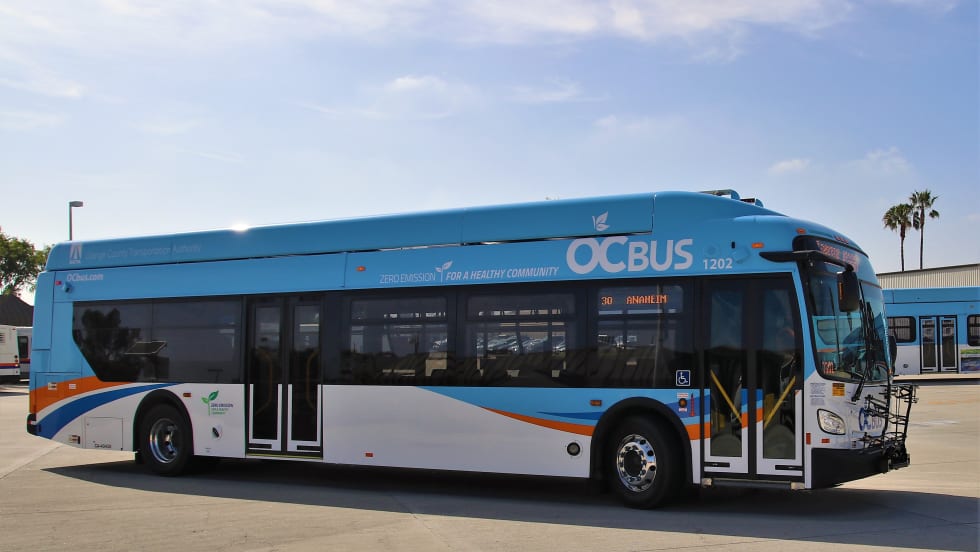The Massachusetts Bay Transportation Authority (MBTA) announced that all Operations Control Center (OCC) employees have been in sustained compliance with two policy changes that further ensure employees have sufficient time off to recover between shifts and are not dual scheduled for dispatcher and supervisor duties.
The policies close out two Federal Transit Administration (FTA) findings issued in a Special Directive Letter on June 15, 2022.
The FTA reported that the finding on mandatory rest hours between shifts has been lifted, and the finding on eliminating dual scheduling for dispatcher and supervisor duties has also been lifted.
“These are important milestones on our path to creating and maintaining a safe and reliable transit system,” said MBTA GM/CEO Phillip Eng. “A well-trained, rested, and fully certified workforce inside our Operations Control Center is an integral part of our commitment to deliver the service our riders deserve.”
MBTA's Efforts to Improve Safety
The changes to the OCC policies are part of the MBTA’s ongoing efforts to improve safety and security for both workers and riders.
The MBTA added it is also working on 39 Corrective Action Plans (CAPs) to address broader and more long-term safety concerns in response to the FTA’s Safety Management Inspection issued in April of 2022.
“We are committed to making the first public transit system the safest and most reliable one in the country,” said Eng. “These changes are just one step in that process.”
The new policies are designed to ensure that OCC employees have adequate time to rest and recover between shifts, which can help to reduce fatigue and improve safety.
The policies also prohibit dual scheduling for dispatcher and supervisor duties, which can help to prevent conflicts of interest and ensure that employees are properly focused on their tasks.














